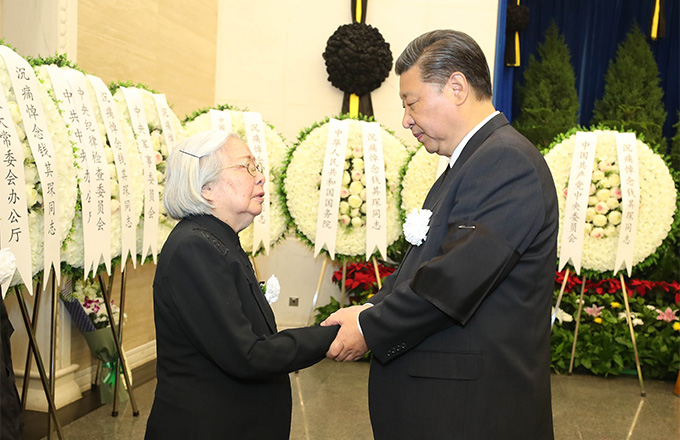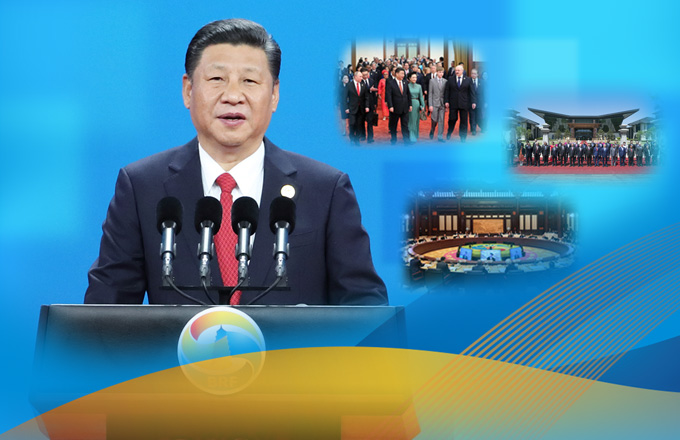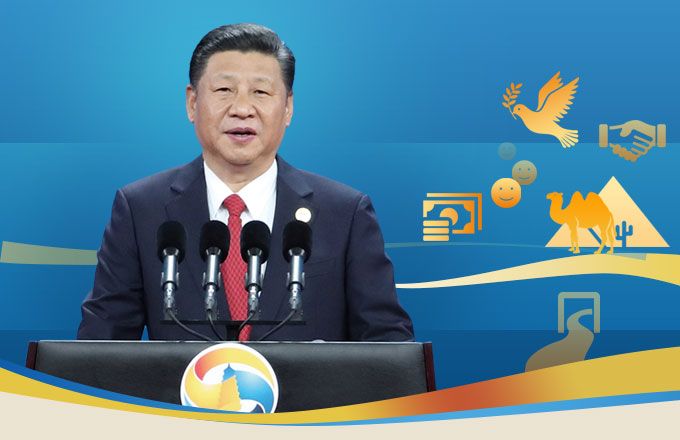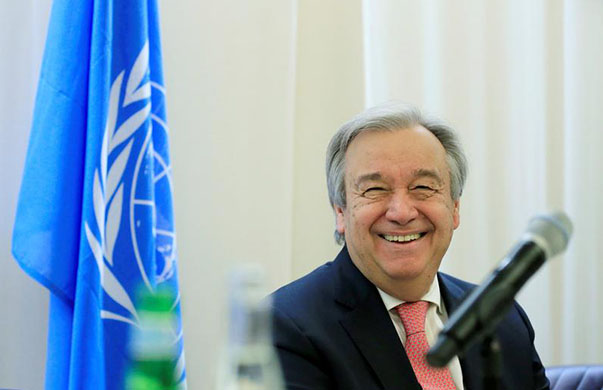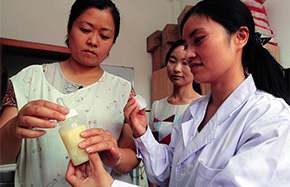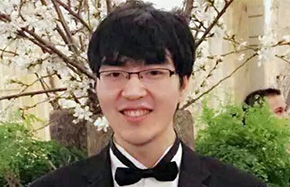Official: Taiwan shouldn't mislead
The Democratic Progressive Party in Taiwan "should reflect thoroughly" on why Taiwan has been able to take part in the World Health Assembly meetings over the past eight years but not this year, An Fengshan, spokesman for the State Council's Taiwan Affairs Office, said at a news briefing in Beijing on Wednesday.
The DPP "should not shift blame by misguiding and deceiving the people of Taiwan," An said. Rather, it should take full responsibility for the island's absence from this year's event.
When the registration closed on Monday, Taiwan was not on the list of invitees to the WHA meeting, which is set for May 22 in Geneva, Switzerland.
The prerequisite for Taiwan's participation in international events is that it must recognize the one-China principle, and then make arrangement through cross-Straits negotiations, he said. It's reasonable for the World Health Organization, as a specialized agency of the United Nations, to deal with Taiwan in accordance with the one-China principle, he added.
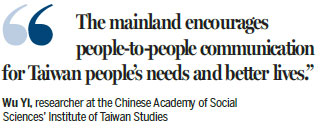
An urged Taiwan to return to adherence to the 1992 Consensus, the foundation of cross-Straits relations.
"This is the only way that institutional communication between the mainland and Taiwan can be continued, and then both sides can open negotiations regarding Taiwan's participation in the activities of international organizations," he said.
However, dealing with public health in Taiwan is not parallel to its participation at an international meeting, he said, noting that Taiwan and the WHO enjoy smooth two-way communication on health matters.
Taiwan is able to participate in professional and technical activities sponsored by the WHO, he said.
At the briefing, An noted the mainland's efforts to promote cross-Straits communication. Recently, several policies have been released to benefit Taiwan compatriots on the mainland, he said.
For example, Taiwan compatriots with electronic travel passes can use self-service machines at selected railway stations on the Chinese mainland to buy railway tickets.
Law firms from Taiwan are allowed to set up offices and practice in more cities on the mainland.
The mainland will increase cooperation and communication across the Taiwan Straits with ongoing preferential policies, An said.
Wu Yi, a researcher at the Chinese Academy of Social Sciences' Institute of Taiwan Studies, said on Wednesday: "The favored policies reflect the fact that the mainland consistently cares and supports Taiwan people's development on the mainland, and urges people-to-people communication."
The mainland actively promotes social and economic engagement across the Straits under new political conditions, she said.
"Cross-Straits relations have stalled this year because Tsai Ing-wen's administration has refused to recognize the 1992 Consensus, which embodies the one-China principle," Wu said. "But the mainland has released a series of policies that benefit Taiwan people, reflecting the fact that the mainland opposes 'Taiwan independence' in any form but is also focused on promoting well-being across the Straits."
"The mainland encourages people-to-people communication for Taiwan people's needs and better lives," Wu said, adding that such policies can bring long-term and positive effects to cross-Straits relations.
(China Daily 05/11/2017 page4)
- Preserving a Chinese icon: Great Wall needs rescue
- Chinese museums receive 900m visitors each year
- Chinese man sentenced over selling wildlife online
- Former senior Jiangsu official sentenced to four years for bribery, illegal foreign exchange purchase
- Police crack down on illegal online animal trade






